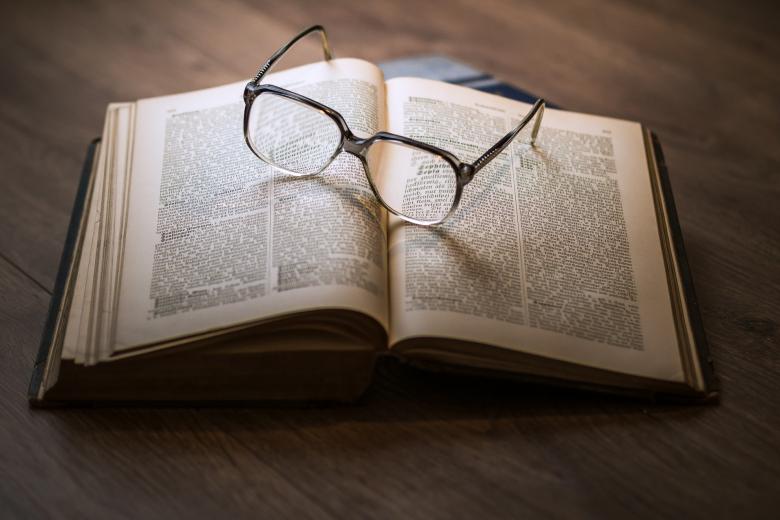Comparative Law and the multicultural classroom
Comparative law and multiculturalism can evolve together in the classroom at schools of law and result in a fruitful combination. Their interplay should be encouraged.
Universities offer an optimal environment to bring together different peoples, local and from beyond. In that context, globalization calls for lawyers that know the rules and can adapt their interpretation to new social contexts, being actors that participate in a multicultural and comparative environment. Ultimately, law graduates will learn to deal with otherness, turning into lawyers sans frontières!
A call is hereby made for more presence of comparative approaches in the law curricula, while there is value in updating teaching methods. Further, the presence of comparative law in multicultural classrooms invites to explore challenges and opportunities for the internationalization of legal education. Legal education indeed merits attention. Specific studies have gained momentum in several jurisdictions during the past decades, since scholars alerted about the need to restate many aspects of that field. Legal education is therefore being subject to constructive criticism and pedagogical techniques call for change. For example, empirical studies can reveal enriching results on self-awareness of strengths and weaknesses, and an increase in studies of sociology of law can help to better grasp the status of legal education in particular jurisdictions.
Cultural diversity is present in many classrooms at schools of law, since universities can be considered platforms for social mobility and law graduates offer a diverse composition, in light of gender and ethnicity. Foreign students are growing in numbers in several jurisdiction, likewise. The classroom, accordingly, can serve as a laboratory where multiculturalism and comparative law can coexist and nurture each other. In that unique habitat, comparative law can be used in a multicultural context as a means to eliminate barriers to learn and move across jurisdictions, while acknowledging and respecting cultural differences. The time seems ripe for change to be explored. It is paramount that all participants in the classroom–being the main actors in legal education–ought to be open to welcome change, whenever and if needed. These actors should be also heard at the time of exploring change. Dialogue amongst actors seems to be the key for success in these endeavours.
| More blogs on Law Blogs Maastricht |
A. Parise
Agustín Parise (Buenos Aires, Argentina) is Associate Professor of Law at the Faculty of Law of Maastricht University. He received his degrees of LL.B. (abogado) and LL.D. (doctor en derecho) at Universidad de Buenos Aires (Argentina), where he was Lecturer in Legal History during 2001-2005. He received his degree of LL.M. at Louisiana State University Law Center (USA), where he was Research Associate at the Center of Civil Law Studies during 2006-2010.

-
Electromagnetic interferences in the language of the law
Language plays a fundamental role as a channel for law. It can enable members of society to access justice. Conversely, an inadequate use of language may result in a dissociation of law from a specific society. Language is a fundamental means to convey messages, to know the law, and to shape the law...

-
Constitutive and constituted sovereignty
Sovereignty is invoked in many discussions today, from Brexit to Catalan independence, but it is rarely clear what, exactly, those who invoke sovereignty mean by it. For the purposes of understanding, analyzing, and understanding legal phenomena, however, a more precise understanding is necessary.

-
Sovereignty in a globalised and polarised world?
What does sovereignty mean in today’s world, given trends of globalisation, Europeanisation and also polarisation?
